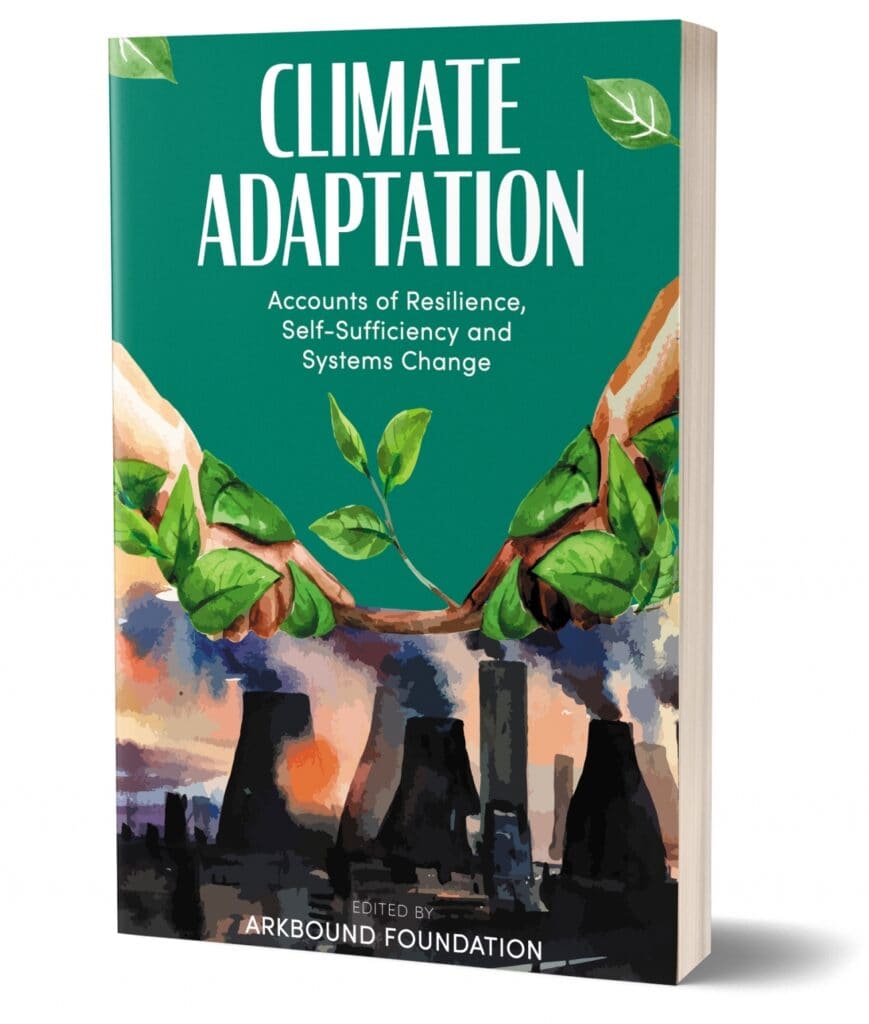As part of the GEN Research group, Dr. Rebeca Roysen and Dr. Anne-Kathrin Schwab published an article about the transformative potential of Ecovillages for rural areas in the Climate Adaptation focused book which will be launched at COP26.

The book looks at case studies for adaptation around the world and strikes a balance between hope and realism. It doesn’t conceal or downplay the truth of the climate crisis, yet it enables hope and power. It also provides a sense of inspiration to make community level changes, which comes from the success that such changes have had within various communities around the world. This book also exposes the fact that governmental responsibility is almost non-existent, resulting in a greater need to empower individuals to focus on small scale adaptations. We are increasingly having to recognise that the climate crisis is not going to disappear, so we must encourage localisation and smaller scale initiatives, while stopping our support for large scale, destructive corporations.
Ecovillages as such are one of these examples – the article compares an ecovillage in Brazil, representing the Global South and an ecovillage in Germany, representing the Global North. Both ecovillages present opportunities to support the transformation in rural areas towards a sustainable and just life.
This timely publication of voices from different corners of the world calls for urgency amidst a climate crisis, a pandemic, and global trade bottlenecks. It is a pragmatic message for all stakeholders to reconstruct present world views and to think beyond what is generally taught in mainstream education systems. This collection details transdisciplinary issues that are clearly spelt out for the reader to absorb. Indeed, this book is for anyone who wants to become an agent of meaningful change when the situation calls for it.
Find the book here.

Leave a Reply